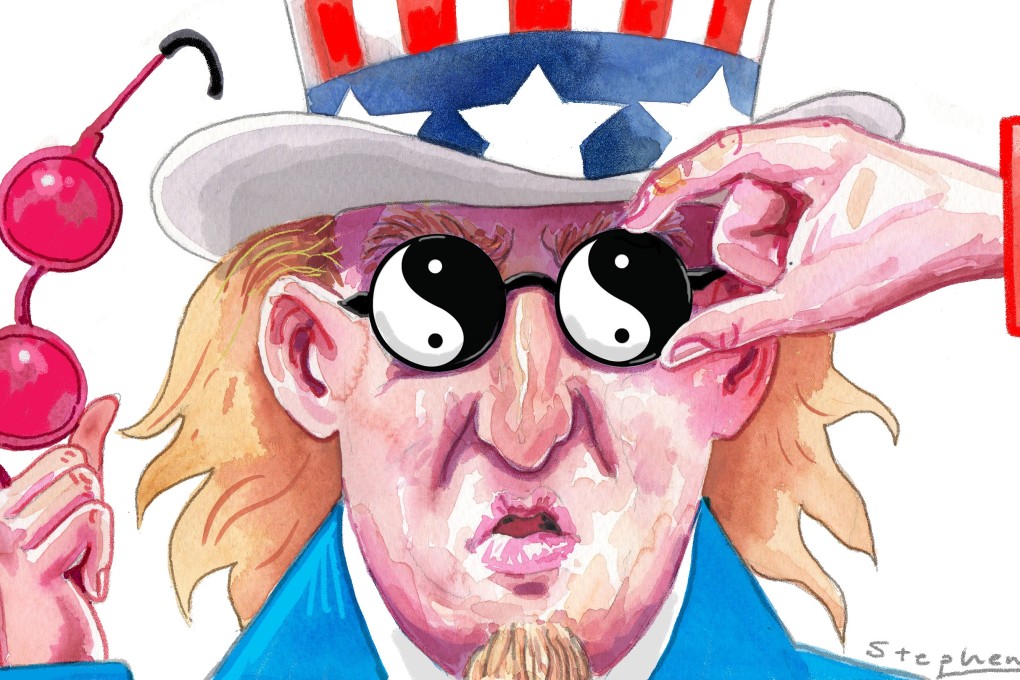Advertisement
Opinion | Culture and race can’t be ignored in US-China rivalry – American official Kiron Skinner is right
- A State Department official criticised for highlighting these factors in calling China an unprecedented threat to the US has, in fact, put her finger on the root of the problem – America doesn’t understand China, and its policy is the poorer for it
Reading Time:4 minutes
Why you can trust SCMP

China scholars, foreign policy experts and critics of the Trump administration's approach to international relations have united in criticism of Kiron Skinner, the State Department’s director of policy planning, after controversial remarks she made about China at a recent think tank event.
Skinner, a Harvard-educated foreign affairs specialist, argued that China poses a unique and unprecedented threat to the United States because of history, ideology, culture and race.
My experience of studying in both China and the US has taught me that Dr Skinner is right. Throughout my childhood in China, I learned about Chinese history, civilisation and culture. After moving to the US after the second world war, I studied American history and learned about American culture and society.
Advertisement
I am still trying to promote US-China understanding, yet the relationship continues to deteriorate. Skinner is correct in identifying a source of this: the US has struggled to understand China for decades, and continues to do so.
Skinner's remarks also warrant further consideration because of the important job she holds for the Trump administration.
Advertisement
Advertisement
Select Voice
Select Speed
1.00x
